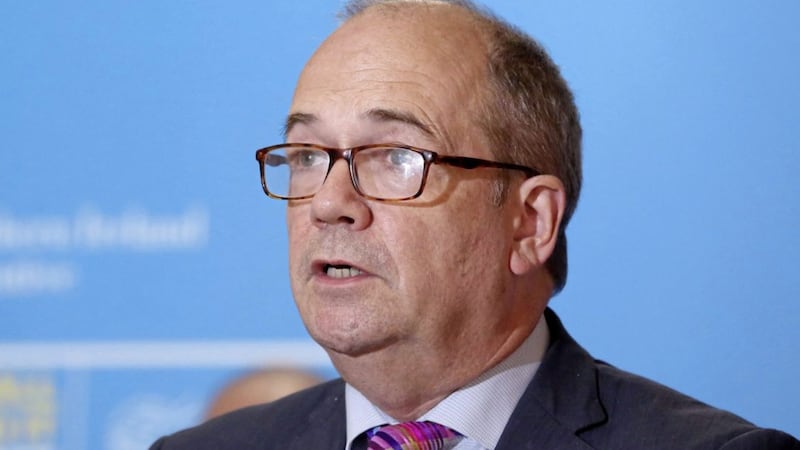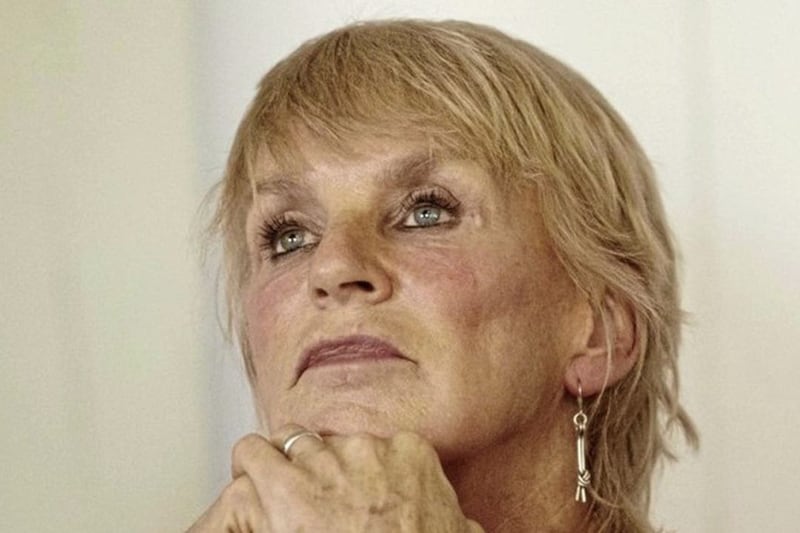FEWER coronavirus deaths are expected in Northern Ireland during the second wave than the first, the most senior doctor advising Stormont has said.
Improved treatments and more experienced staff mean that less hospital fatalities are "anticipated", despite the north experiencing record high infection rates.
Chief Medical Officier (CMO) Dr Michael McBride warned the health service will be under "extraordinary pressure" over coming months and that the current four-week lockdown represented a critical period in trying to reduce the 'R' rate below one (it is around 1.4 and 1.8).
And despite increasing hospital and ICU admissions, the CMO told a media briefing yesterday he did not expect the north's dedicated Nightingale facility to be filled.
"It has capacity for 159 beds, but I don’t think we’ll need to go to that," he said.
However, he expressed concerns about the impact on non-Covid patients with serious illnesses, particularly those suffering from cancer and strokes, after so many had their treatment delayed during the first surge.
"Significant challenges" also lie ahead for the workforce, due to large numbers self-isolating and trying to deliver safe care while social distancing.
Dr McBride added: "I do anticipate that relatively speaking, we'll see fewer deaths this wave than last. That's because our experience of treating Covid is much improved. Our respiratory teams, our ICU teams have more experience of more effective airway management, more earlier intervention in terms of non-invasive ventilation and obviously a whole cadre of drugs are available to use, including experimental drugs...which will make a difference on mortality.
"Already we’re beginning to see some of that working through on the data that is available to us."
The briefing heard the death toll is expected to rise in the next six to eight weeks.
It also emerged yesterday that while the number of overall cases has increased in the north, transmission rates are beginning to slow, which was described as a "positive" development.
Chief Scientific Adviser Professor Ian Young confirmed there was "strong evidence" that tightened restrictions placed on Derry and Strabane - which has one of the highest Covid rates in Europe - were beginning to impact "significantly".
Meanwhile, the CMO rejected controversial claims by DUP minister Edwin Poots that the virus was more widespread in Catholic areas - and that Dr McBride had "privately" briefed him on links between the GAA and Covid hotspots.
Dr McBride said the pandemic instead impacted on the "poorest in society".
"Certainly at no stage would we have either publicly or privately suggested that there's a link between the transmission rates of Covid-19 and people's political affiliation or religion," Dr McBride said.
"There is no such evidence, we don't have that evidence and our approach throughout all this has been guided by the evidence."
He added: "I know of no such evidence and I'm not sure of the basis of those comments."
Both medics confirmed infection rates in schools were low, especially at primary level but they had recommended their closure for an additional week - despite schools remaining open in the Republic - due to activity outside the gates.
"We have said repeatedly schools are safe places for our schoolchildren and our teachers. It is however true that the modelling does indicate that school closures will further suppress the levels of community transmission," Dr McBride said.
He added: "It’s about what parents do when schools are closed in terms of the mixing - related to travel to and from school and all the other associated factors."
Professor Young urged the public to "dig deep" over the next month, adding he was "confident" the lockdown will have a "significant impact".








